Climate Change and Global Warming News for 21 Sep 2017
Theresa May speaks out against Trump climate change stance at UN
Theresa May has issued a veiled warning to Donald Trump, arguing that his plan to withdraw from the Paris climate change treaty ranks alongside North Korea’s nuclear missile tests as a threat to global prosperity and security.
In a speech to the United Nations general assembly, the prime minister, whose authority at home has been severely tested since June’s general election result, sought to project her vision of a “rules-based” international order.
She said global cooperation was the only way to confront shared international challenges, including terrorism, climate change, and mass movements of refugees – and condemned countries that fail to play by the rules.
The prime minister did not name the US president directly but made clear that she believed ongoing membership of the Paris climate change accord was as important as the nuclear non-proliferation treaty in maintaining global security.
Full story at http://bit.ly/2w9vgBp
Source: The Guardian
Limiting global warming to 1.5C may still be possible
A team of climate scientists has delivered a rare bit of good news: it could be easier than previously thought to limit global warming to 1.5 °C above pre-industrial levels, as called for in the 2015 Paris climate agreement. But even if the team is right — and some researchers are already questioning the conclusions — heroic efforts to curb greenhouse-gas emissions will still be necessary to limit warming.
Published on 18 September in Nature Geoscience1, the analysis focuses in part on the fact that global climate models used in the 2013 report from the Intergovernmental Panel on Climate Change (IPCC) tend to overestimate the extent of warming that has already occurred. After adjusting for that discrepancy and running further models, the authors of the latest study found that the amount of carbon that humanity can emit from 2015 onward while holding temperatures below 1.5 °C is nearly three times greater than estimated by the IPCC — or even larger if there is aggressive action on greenhouse gases beyond carbon dioxide.
The implications for global policymakers are significant. Humanity is poised to blow through the IPCC’s carbon budget for a 1.5 °C rise within a few years, leading many scientists to declare the goal impossible. But the new analysis suggests that it could be met with a modest strengthening of the current Paris pledges up to 2030, followed by sharp cuts in carbon emissions thereafter.
“The Paris goal of 1.5 °C is not impossible — it’s just very, very difficult,” says lead author Richard Millar, a climate researcher at the University of Oxford, UK.
Full story at http://go.nature.com/2w9osnC
Source: Nature
Global warming 'pause' has ended, warns Met Office
The recent “pause” in global warming has ended following three years in which temperature records have been successively broken, the Met Office has said.
The idea of a slowing in the rate of warming has been controversial with some arguing it was little more than a statistical blip.
In a statement on its website, the Met Office said it had established that the world’s climate warmed more slowly between 1999 and 2014 than it had done previously, but the last few years had seen a return to the more rapid rate.
Professor Stephen Belcher, the Met’s chief scientist, said: “After a period during the early 2000s when the rise in global mean temperature slowed, the values in 2015 and 2016 broke records and passed one degree Celsius above pre-industrial levels.
Full story at http://ind.pn/2w93sxk
Source: Independent
Trump's NASA nominee is willing to study climate change... on Mars
Good news: NASA's administrator nominee is fine with studying climate change! Just not Earth's climate change. In answers to a Senate questionnaire, Rep. Jim Bridenstine says it's important to understand why Mars changed so dramatically, losing its magnetic field and oceans to become the barren world it is today. If we know more about the Red Planet, he argues, we could "inform our understanding of Earth." There's a degree of truth to this, but history and Bridenstine's actions suggest it could be about diverting attention away from climate change issues on our homeworld.
As Scientific American explains, climate science deniers have regularly tried to use Mars' changes as an explanation for patterns here on Earth. Mars saw a dramatic shift through strictly natural causes, so humanity can't be responsible for what's happening back home, can it? The problem, of course, is that Mars' changes likely occurred over billions of years. The increase in carbon emissions on Earth (and the resulting increase in temperature) on Earth has taken mere decades, aligning roughly with the rise of industry and fossil fuels. Bridenstine's willingness to study Mars' climate, but reluctance to study Earth's, suggests that he might be looking to other planets as justification for inaction on climate issues.
That's not helped by Bridenstine's own history. When he was a new politician, he asked President Obama to apologize for allegedly wasting money on climate research. He blamed the Sun for climate shifts and falsely claimed that temperatures had stopped rising. As recently as the start of 2017, Bridenstine had floated the idea of removing Earth science from NASA's scope and assigning it to another agency -- as if Earth science isn't inherently connected to NASA's studies.
Full story at http://engt.co/2w8oZpN
Source: Engadget
Spacetech Will Provide Powerful Help As Developing Asian Nations Face Climate Change
Space: it's the final frontier, and it's inspired some of the greatest feats of intellect humanity has ever seen. If space-focused innovators such as Elon Musk or the team at Mars One have their way, humans will soon make even greater forays into the cosmos, colonizing Mars and turning the stuff of sci-fi dreams into reality. But what happens in space matters here on Earth, in more tangible ways than most people likely realize. Experiments conducted on board the International Space Station (ISS) provide life-enhancing, and even life-saving, data for people back on the Pale Blue Dot.
Robotics and eye-tracking equipment used on the ISS are now used to operate on tumors previously thought inoperable and to perform corrective eye surgeries. Studies of salmonella and certain strains of e.coli, which thrive in microgravity, hold implications for vaccine developments. And imaging systems can help with rescue and relief efforts in remote areas and the developing world, where fast action is needed to mitigate devastation following earthquakes, floods, and other natural disasters.
Dr. Bidushi Bhattacharya, a rocket scientist and the founder of Singapore-based Bhattacharya Space Enterprises (BSE), said the applications of space-based research on Earth are many, some of which will become increasingly valuable as the consequences of climate change become more perilous. There is, of course, the increasing need for assistance in regions such as South and Southeast Asia, which suffer disproportionate numbers of natural disasters. The United Nations High Commissioner for Refugees (UNHCR) wrote in 2016 that "the risks of displacement [due to climate change] are greatest for countries with high exposure to hazards and with large populations in areas that lack the capacity or resources to adequately prepare." The organization also noted that "Asia sees more natural hazards than any other region" and that "in 2015, 85% of people displaced by sudden onset disasters were in South and East Asia."
Bhattacharya said that earth-observing technologies could aid rescuers by alerting them to victims in remote communities that are unable to call for help or relay the extent of damage in their areas. She also pointed to precision agriculture, an area of keen interest for some artificial intelligencecompanies as well, as an area that could strongly benefit from data collected in space.
Full story at http://bit.ly/2w9aFgF
Source: Forbes
Climate change brings melting ice, and cruise passengers, to Canada
When a massive luxury cruise ship docked outside the tiny Inuit town of Cambridge Bay this summer, it doubled the population of the town for a day.
“It was just jaw-dropping to think that the same amount of people that are in Cambridge Bay could fit onto that ship,” said Mia Otokiak, 21, a lifelong resident of the small, largely Inuit town in the Canadian province of Nunavut.
The Crystal Serenity, a 13-deck cruise ship carrying more than 1,700 passengers and crew, stopped there this August for the second time during a repeat of its historic 2016 voyage through the Northwest Passage.
The Serenity is by far the largest passenger ship ever to ply the waters of the Northwest Passage, from Alaska through the Canadian Arctic Archipelago and on toward Greenland.
Full story at https://usat.ly/2w9tDUi
Source: USA Today
Advertisement:

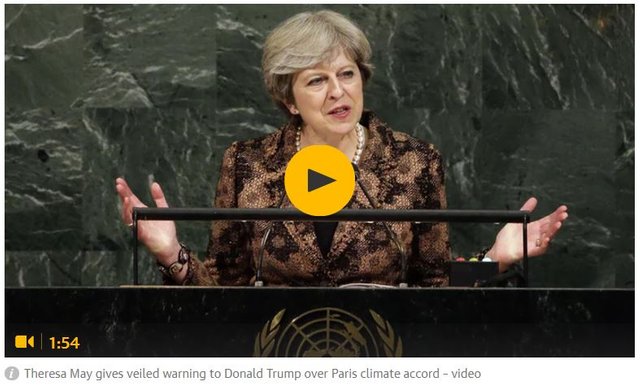
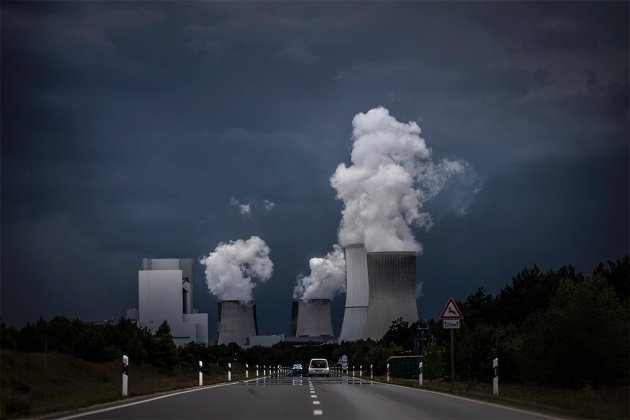
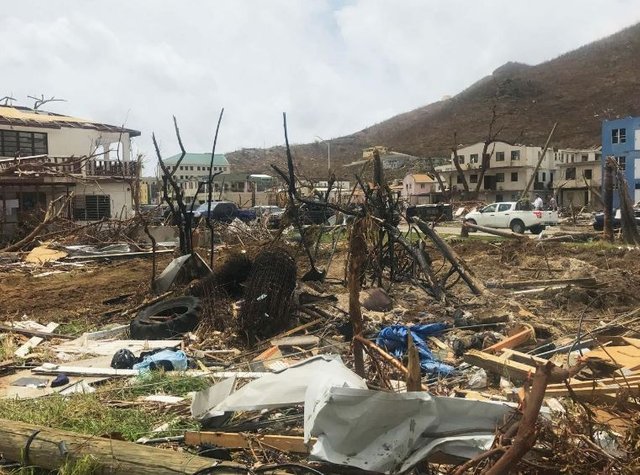
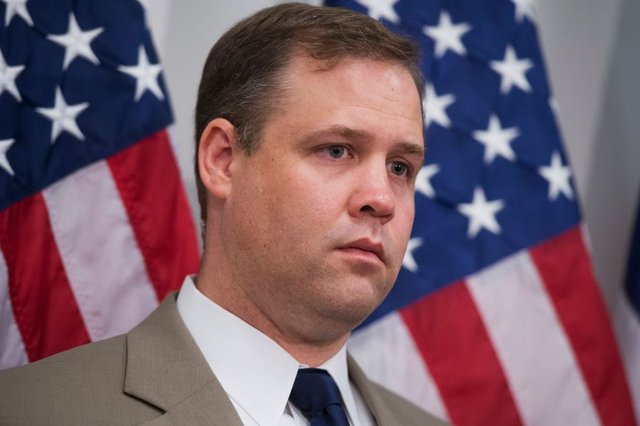
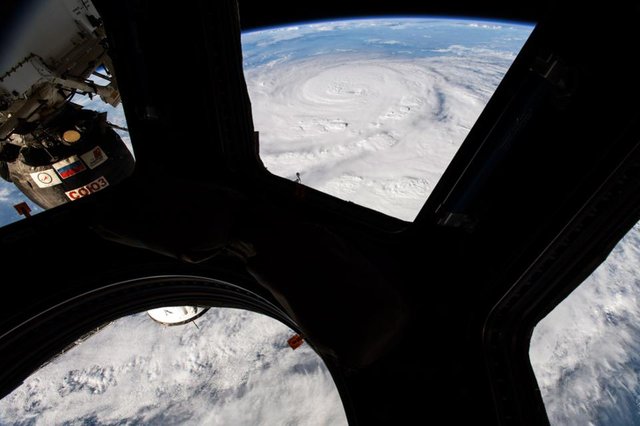

This post recieved an upvote from minnowpond. If you would like to recieve upvotes from minnowpond on all your posts, simply FOLLOW @minnowpond
interesting article...
upvoted & resteemed!
Trump is a reckless asshole who doesn't care what anyone has to say.